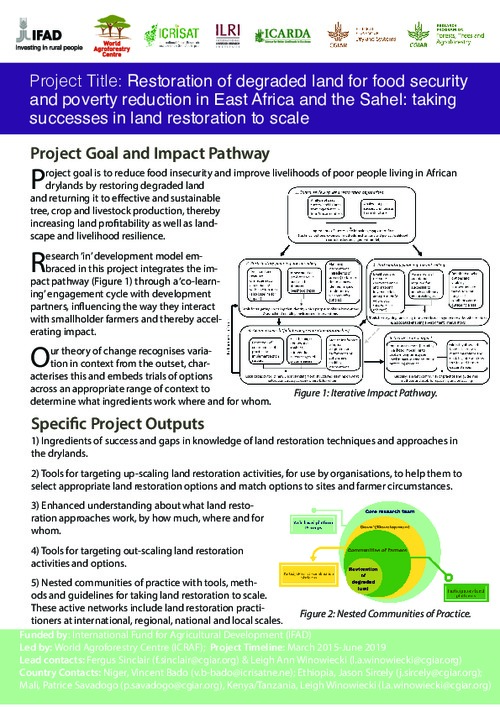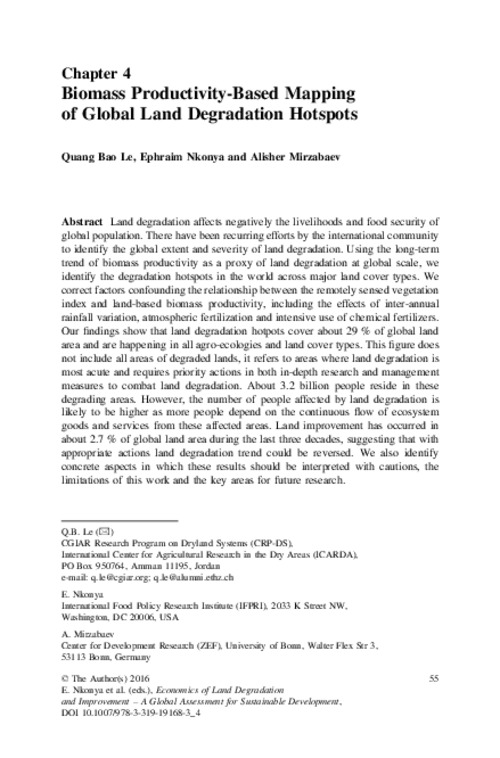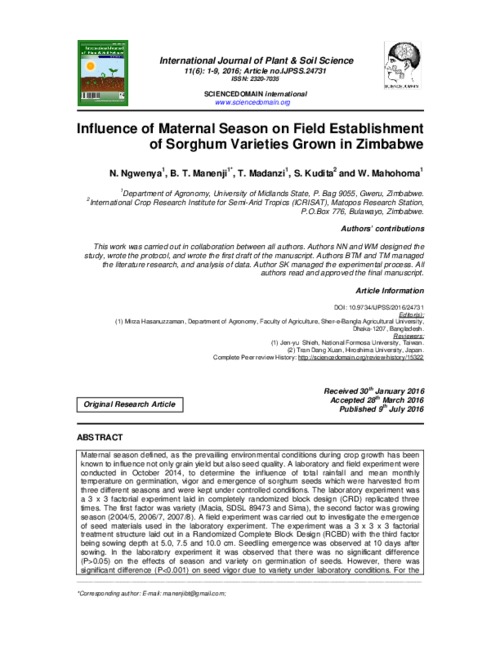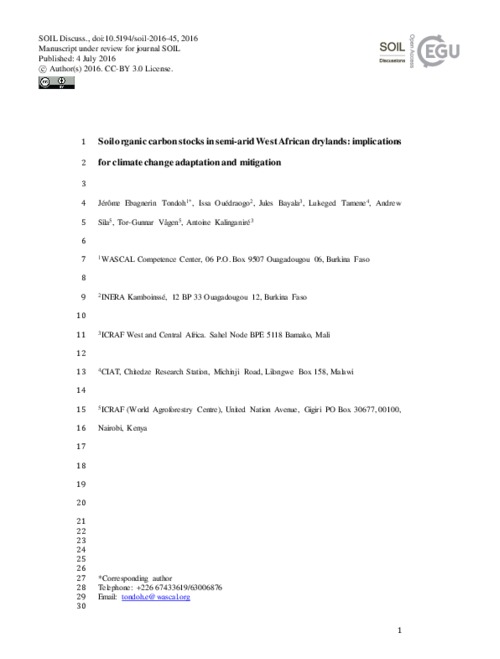Location
The International Center for Agricultural Research in the Dry Areas (ICARDA) was established in 1977. It is one of 15 such centers supported by the CGIAR. ICARDA’s founding mandate to promote agricultural development in the dry areas of developing countries remains highly relevant today.
ICARDA works with a tight focus on the problem-solving needs of resource-poor farmers, achieving this through the in-field delivery of its research outputs. Although global food production has increased by 20 per cent in the past decade, food insecurity and poverty remain widespread, while the natural resource base continues to decline.
International research centers such as ICARDA, which have helped drive previous improvements, continue to deliver new technologies to support sustainable growth in agriculture, and crucially, to work with a wide range of partners to accelerate the dissemination of these technologies.
ICARDA’s biggest strength is its staff – 600 highly skilled men and women from 32 countries. Our research and training activities cover crop improvement, water and land management, integrated crop-livestock-rangeland management, and climate change adaptation.
Other interventions include:
- Water harvesting - supplemental irrigation and water-saving irrigation techniques
- Conservation agriculture methods to reduce production costs and improve sustainability
- Diversification of production systems to high-value crops – horticulture, herbal and medicinal plants
- Integrated crop/rangeland/livestock production systems including non-traditional sources of livestock feed
- Empowerment of rural women – support and training for value-added products.
The ICARDA genebank holds over 135,000 accessions from over 110 countries: traditional varieties, improved germplasm, and a unique set of wild crop relatives. These include wheat, barley, oats and other cereals; food legumes such as faba bean, chickpea, lentil and field pea; forage crops, rangeland plants, and wild relatives of each of these species.
ICARDA’s research portfolio is part of a long-term strategic plan covering 2007 to 2016, focused on improving productivity, incomes and livelihoods among resource-poor households.
The strategy combines continuity with change – addressing current problems while expanding the focus to emerging challenges such as climate change and desertification.
We work closely with national agricultural research systems and government ministries. Over the years the Center has built a network of strong partnerships with national, regional and international institutions, universities, non-governmental organizations and ministries in the developing world and in industrialized countries with advanced research institutes.
THE ‘DRY AREAS’
Research and training activities cover the non-tropical dry areas globally, using West Asia, North Africa, Central Asia and the Caucasus as research platforms to develop, test, and scale-out new innovations and policy options.
Dry areas cover 41 per cent of the world’s land area and are home to one-third of the global population. About 16 per cent of this population lives in chronic poverty, particularly in marginal rainfed areas. The dry areas are challenged by rapid population growth, frequent droughts, high climatic variability, land degradation and desertification, and widespread poverty. The complex of relationships between these challenges has created a "Poverty Trap."
Members:
Resources
Displaying 186 - 190 of 431Restoration of degraded land for food security and poverty reduction in East Africa and the Sahel: taking successes in land restoration to scale - Summary
Project goal is to reduce food insecurity and improve livelihoods of poor people living in African
drylands by restoring degraded land
and returning it to effective and sustainable
tree, crop and livestock production, thereby
increasing land profitability as well as landscape
and livelihood resilience.
Biomass Productivity-Based Mapping of Global Land Degradation Hotspots
Land degradation affects negatively the livelihoods and food security of
global population. There have been recurring efforts by the international community
to identify the global extent and severity of land degradation. Using the long-term
trend of biomass productivity as a proxy of land degradation at global scale, we
identify the degradation hotspots in the world across major land cover types. We
correct factors confounding the relationship between the remotely sensed vegetation
The shift from pastoral to agro-pastoral livelihood: current challenges and future research priorities
Nomadic pastoralism is a precarious lifestyle and a significant form of land use involving some form of mobility within extensive rangeland areas (WISP, 2007). Pastoralism provides 10% of the world’s meat production and supports approximately 200 million households worldwide (FAO, 2001). A declining trend in pastoralism with a shift to sedentary agro-pastoral practices on smaller tracks of land and its major implications on rangeland management have been noted by the authors across many regions.
Influence of Maternal Season on Field Establishment of Sorghum Varieties Grown in Zimbabwe
Maternal season defined, as the prevailing environmental conditions during crop growth has been
known to influence not only grain yield but also seed quality. A laboratory and field experiment were
conducted in October 2014, to determine the influence of total rainfall and mean monthly
temperature on germination, vigor and emergence of sorghum seeds which were harvested from
three different seasons and were kept under controlled conditions. The laboratory experiment was
Soil organic carbon stocks in semi-arid West African drylands: implications for climate change adaptation and mitigation
In the West African drylands, SOC sequestration is seen as one of the prominent strategies to both enhance the resilience of agro-ecosystems and mitigate global greenhouse effects. However, there is a dearth of baseline data that impede the design of site-appropriate recommended management practices (RMPs) to improve and sustain SOC accrual. In this study, the Land Degradation Surveillance Framework (LDSF), a nested hierarchical sampling design was used to assess SOC and its spatial variability across the semi-arid zones of Ghana (Lambussie), Burkina Faso (Bondigui) and Mali (Finkolo).







